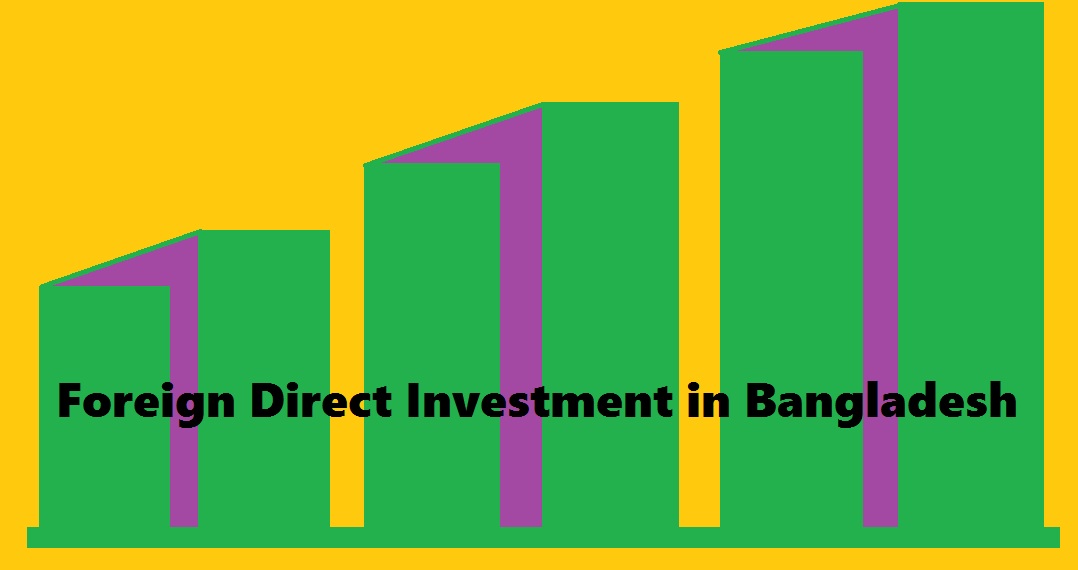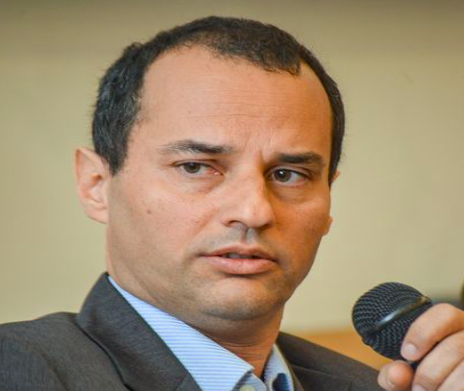The uncertainty around COVID-19 looms bigger with each passing day. Although many countries have been conducting clinical trials for months, there doesn’t seem to be a substantive outcome and a potential vaccine or drug still appears to be a distant dream.
With the continuous surge in the number of cases despite worldwide lockdowns and anticipated global economic disruptions, countries have reopened essential services and businesses to complement the livelihood of millions of people but not without adequate safety measures.
Amidst such unprecedented times, Bangladesh has come to the forefront remarkably and has shown economic potential. From making generic drugs like remdesivir to capitalising on its strong RMG sector to producing PPE gowns and masks, the South Asian nation led by its Prime Minister Sheikh Hasina has unequivocally contributed towards the fight against COVID-19.
For the above reasons, cost-efficiency and with the presence of a young & vibrant workforce, the country is likely to receive a bigger inflow of Foreign direct investment in the days to come. As per the Commerce Minister Tipu Munshi, different nations plan to relocate their factories in Bangladesh to bring down costs amid a cash crunch caused by the pandemic.
The tone for which was set up through swift preemptive measures adopted by leaders in Bangladesh, like Salman F Rahman, Private Industry and Investment Adviser to Prime Minister Sheikh Hasina.
In May, when the whole world was observing a lockdown, Salman orchestrated the opening up of factories by maintaining necessary health protocols to save the economy.
With nations seriously mulling over cutting down their reliance on China for their material needs, Bangladesh could grab this opportunity, like India and Vietnam are raring to. Furthermore, since Bangladesh has the world’s second largest garment industry after China and the factories have remained operational amidst the Coronavirus outbreak, the relocation could be seamless.
Salman F Rahman, while calling for forming a task force, said that the government should consider communicating with the foreign companies that want to move their factories to Bangladesh.
In the meeting which was attended both in person and virtually by other ministers, lawmakers, trade body leaders, Bangladesh’s Foreign Minister AK Abdul Momen said that the Japanese embassy in Dhaka last week sent him a list of factories that want to relocate from China to Bangladesh.
In 2019, the country saw net inflows of the foreign direct investment amounting to $2.88 billion. However, these are not similar times. As the fight against the virus gets more intense, the economic repercussions are being given more thought. Since Bangladesh now has a pro-FDI policy, one-stop service in place along with proven-substantial contribution during the pandemic, prospects for investments and relocations of the factories appear bright.




